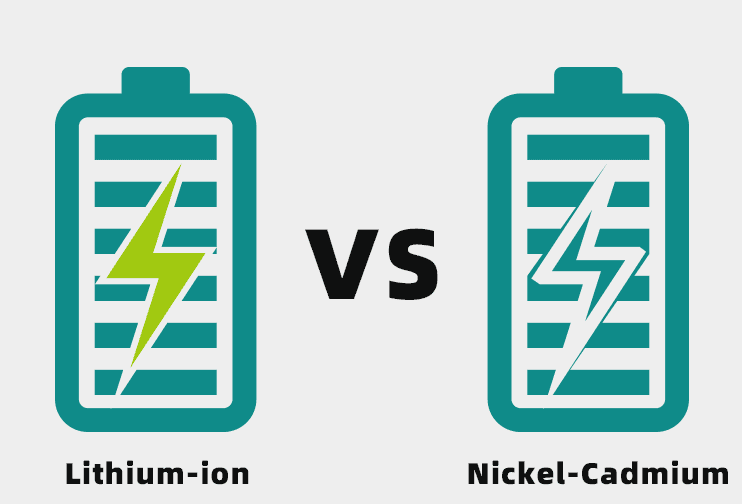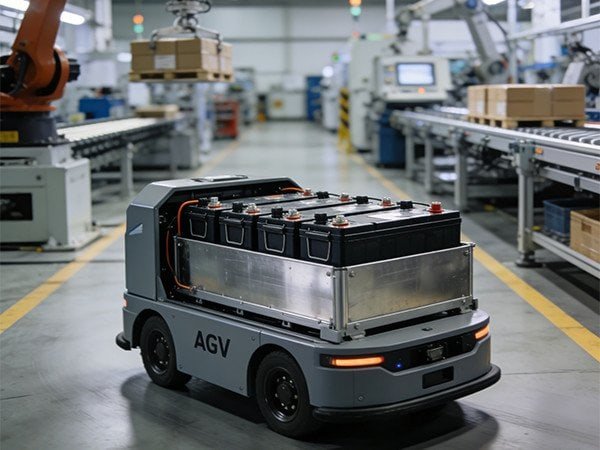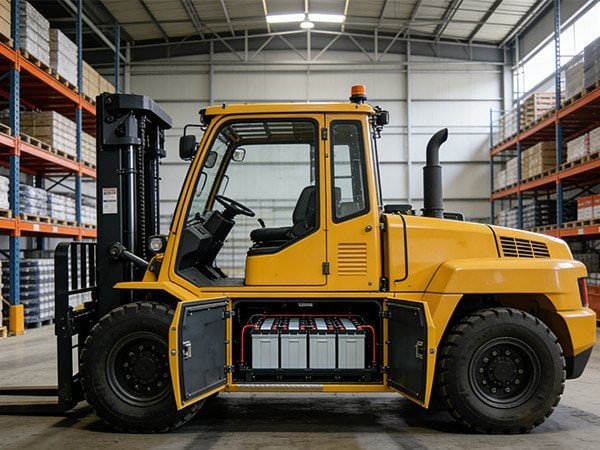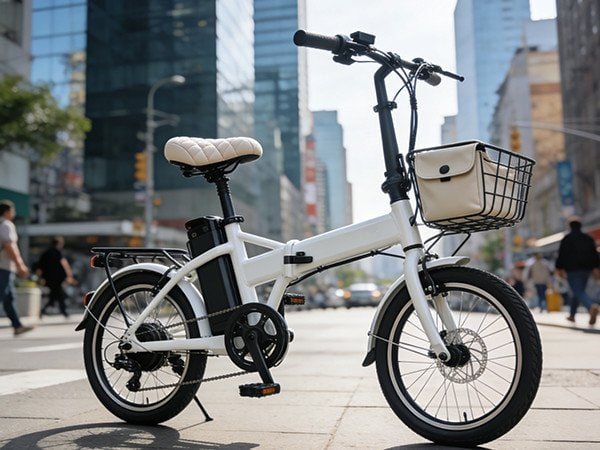As the demand for portable electronics, electric vehicles (EVs), and energy storage solutions grows, the debate between lithium-ion (Li-ion) and nickel-cadmium (Ni-Cd) batteries continues. Both have been widely used, but which one offers better performance, safety, and sustainability? Here’s a detailed comparison.

1. Energy Density: Lithium-ion Takes the Lead
Lithium-ion batteries boast a significantly higher energy density, meaning they can store more power in a smaller, lighter package. This makes them ideal for smartphones, laptops, and EVs, where compact size and long runtime are crucial. In contrast, Ni-Cd batteries are bulkier and store less energy per unit volume.
2. Memory Effect: A Major Drawback of Ni-Cd
Ni-Cd batteries suffer from the “memory effect,” where incomplete discharge cycles reduce their capacity over time. Lithium-ion batteries, however, do not have this issue, allowing users to charge them at any time without performance degradation.
3. Environmental Impact & Safety
Nickel-cadmium batteries contain toxic cadmium, posing serious environmental risks if not disposed of properly. Many countries have restricted their use due to these hazards. Lithium-ion batteries, while requiring proper recycling, are less harmful and have seen significant safety improvements (e.g., thermal protection, flame-retardant designs).
4. Lifespan & Cost Considerations
Ni-Cd batteries typically offer 1,000+ charge cycles, while Li-ion batteries range between 500-1,000 cycles. However, Ni-Cd’s declining capacity over time often offsets this advantage. Cost-wise, Ni-Cd batteries are cheaper upfront, but lithium-ion prices continue to drop due to mass production, making them increasingly cost-effective.
5. Best Use Cases
Ni-Cd batteries still find niche applications in industrial equipment, aviation, and emergency power systems due to their durability in extreme conditions. However, lithium-ion dominates consumer electronics, EVs, and renewable energy storage, thanks to its superior efficiency and lightweight design.
With advancements in lithium-ion technology, it has become the preferred choice for most applications. Nickel-cadmium batteries, while reliable in certain scenarios, are being phased out due to environmental concerns and inferior performance. For consumers, lithium-ion remains the smarter, more sustainable option.







